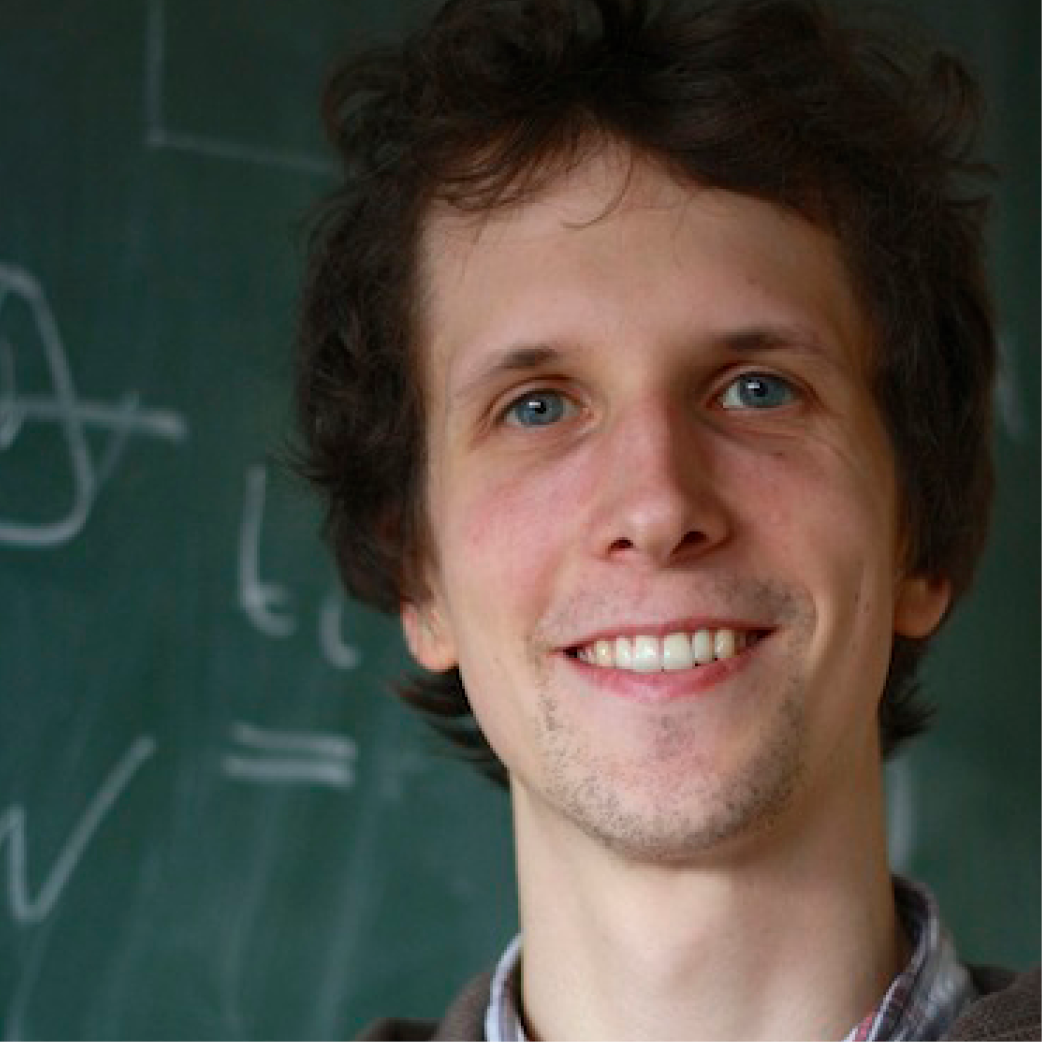BIOGRAPHY
Feliks is from Berlin, Germany. He received both his M.Sc and Ph.D. in mathematics from Freie Universität Berlin. His Ph.D. research, supervised by Prof. Frank Noé, was concerned with data-driven methods to extract the essential information from computer simulations of complex systems, especially biophysical systems. He worked on the variational approach to conformational dynamics (VAC), which is able to represent the slow dynamical components in stochastic systems from a user-defined library of basis functions.
The first objective of his current research is the improvement of the VAC. The aim is to develop a statistical error theory, and to use tensor-product formats for the representation of high-dimensional functions, in order to make the method more robust and independent of prior information about the system at hand. The second objective is to combine the VAC with suitable learning algorithms to derive effective equations on the slow coordinates which preserve essential features of the dynamics. Particular emphasis is put on obtaining a sparse and thus physically interpretable representation. Learning the effective equations will enable the efficient simulation of the system at larger scales. The ultimate goal is to contribute to mathematically rigorous methods to bridge different time and length scales and to connect computer simulations and experimental data.

